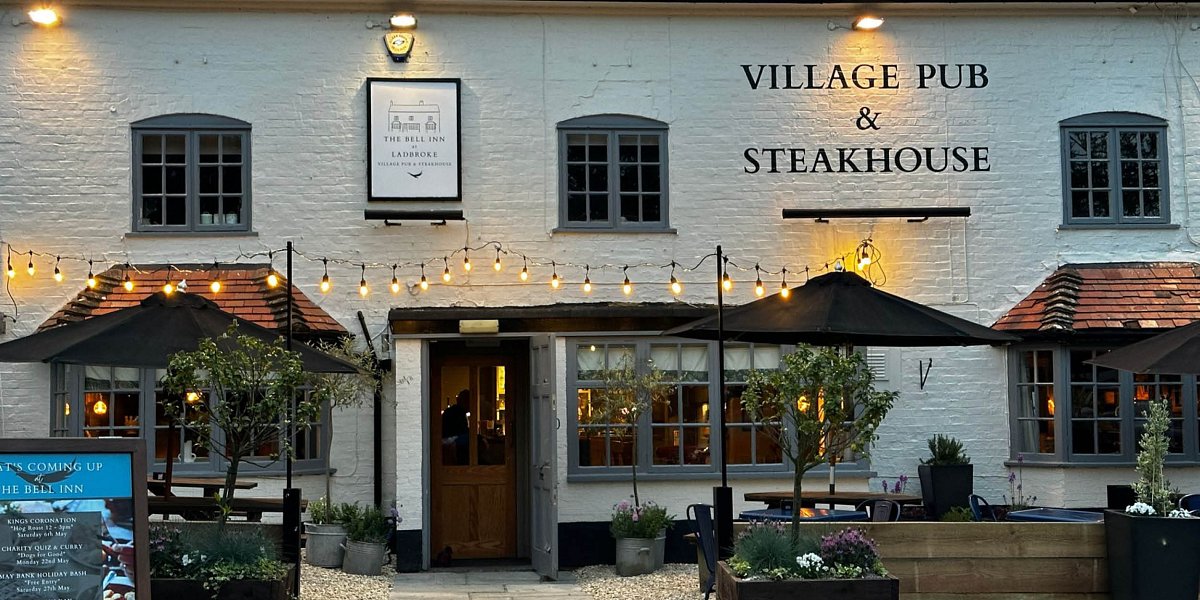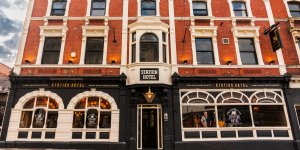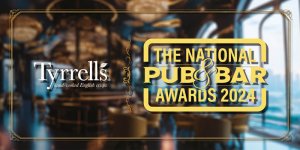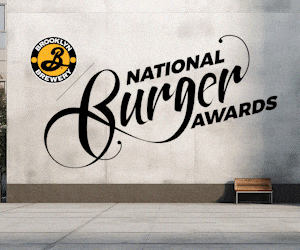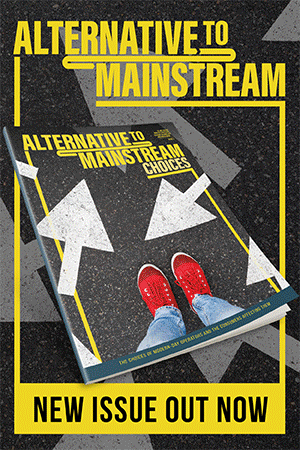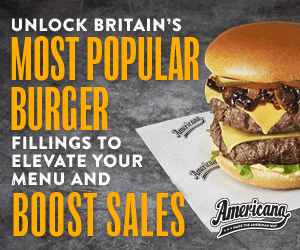Freespirit Pubs operator profile
Mark Higgs, founder of Freespirit Pubs, talks to Tristan O’Hana about maximising assets, cultural evolution and putting people first.
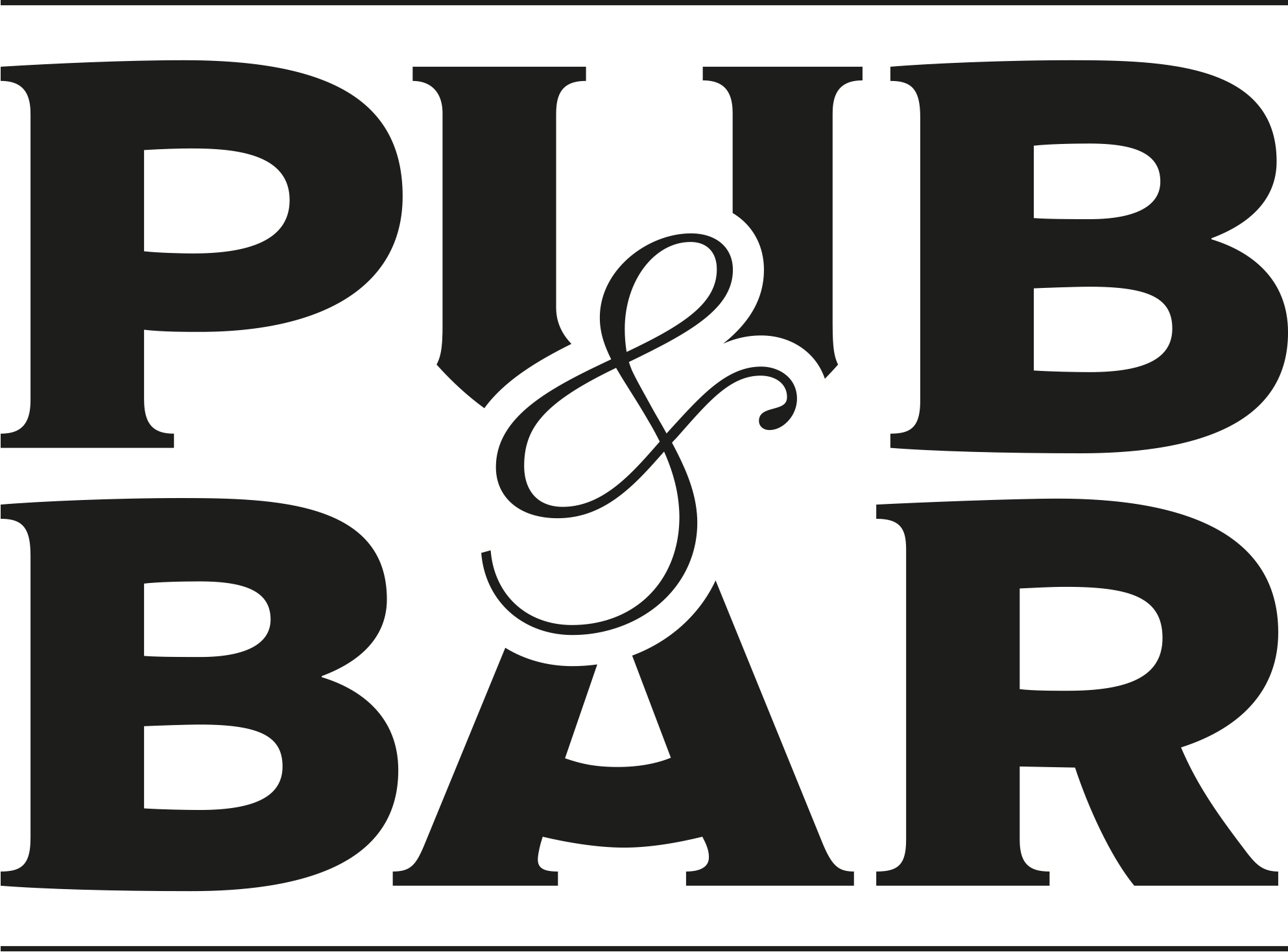
I must admit, when heading out on the road to meet pub and bar operators, I don’t always pay too much attention to where I’m actually going. It’s not the best approach to countrywide navigation, granted, but seeing as the detail I’m after will be discovered once I’m there, pre-trip research usually consists of a quick look at the menu/offer and the location of the place. Punch the address into Google Maps and away we go.
To be honest, given that the name of the pub that this month’s lead interview was held in is ‘The Castle’ I don’t know why I was so floored when, as my taxi turned into the tiny village of Edgehill in Oxfordshire, I was met by a sodding great big castle. I guess it’s because of all The Castle pubs I’ve been to, none were literally named after the style of building in which they operate. This was most certainly a first.
The Castle at Edgehill is one of six venues within the Freespirit Pubs group and I was visiting this historic building to chat to Mark Higgs, founder and owner of the business, about operations and the group’s performance in the West Midlands and south east. Had I been even the slightest bit more diligent with my background checks, I would have quickly learned that not only is this pub housed in an actual castle, but it is steeped in history.
Before our chat, Higgs takes me to the top of the tower (which houses hotel rooms within its walls) and informs me that the spot I’m looking out from is the same one that Charles I observed the famous Battle of Edgehill back in 1642 when parliament took on the monarchy. Centuries later, the tower’s peak is now home to the Castle Gin School, where guests can book in to make their own gin above the pub. Not a bad use of such a special space.
“There is so much you can do with additional space,” says Higgs, as we wind our way back down the narrow, worn concrete stairs. “Whether it’s function rooms for yoga and pilates in the mornings, or having an office meeting in the afternoon, or 30th birthdays in the evening. Having some sort of space that is multi-functional can be key. The Gin School is just another example of that.”
Higgs and his team currently run six sites – five pubs and one restaurant – and making the most of the spaces they have is clearly a key cog in the Freespirit machine. Some ideas are obvious, such as bespoke birthday celebrations, but others are about taking larger leaps in order to grow revenues and, eventually, profit. Most recently, they applied for planning permission to add seven shepherd huts to The Bell Inn at Ladbroke. Accommodation, Higgs tells me, is particularly lucrative.
“It’s a pretty big investment,” he says. “The huts are about £25,000 each. Then there’s a bit of groundwork, etc., so it’s about a £250,000 investment. We think we can repay that in three years, so that gives you an idea of where the return is at. But then guests use the pub for dinner, for lunch. It’s the whole point of those expansions, as it keeps them on site. When you’re in a village, you need reasons to pull people in, so the whole package is important.”
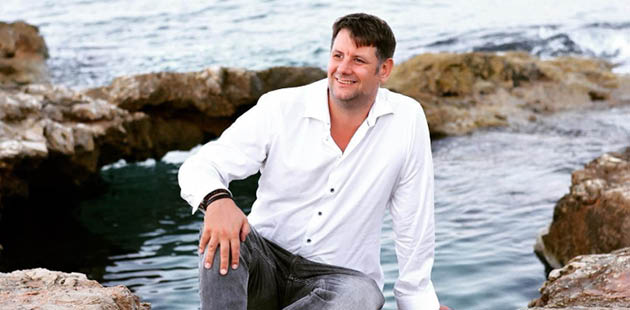
Mark Higgs, founder of Freespirit Pubs
Man of the people
If you watch the video on the Freespirit website that sits adjacent to the ‘Introducing Mark our dreamer’ section of the homepage, you’ll hear the founder talk passionately about the people in his business. At the beginning of our interview, he jumps right into the same message, talking proudly about the 80+ individuals who he now employs.
“We’re a people-first business,” he says. “The team that we have has been with us a long time. We’re very lucky with retaining people and growing people – all of our GMs have started with us lower down and grown into their roles. We very rarely hire externally for a senior position.
“We look after people and that’s something I’m quite proud of. We had a chef recently who was having some problems and we supported him in getting him into rehab and helping him and making sure he had a job to come back to. We go that extra mile for our team, which hopefully then transpires into the guest experience. I think a lot of people talk about that, but we’re not loose with our words. It’s proven in what we do.”
When I eat at The Castle that evening, I see what he means. Sat in a quiet corner of the bar area with a well-kept pint of Hook Norton cask, I watch as a visibly young front-of-house team dot around with fixed (but seemingly genuine) smiles on their faces, moving with efficiency and pride as they serve drinks and food to a varying demographic of clientele. Sylwia, the GM, leads by example and conducts an evening service in exactly the same way.
“Freespirit is very much about the guest experience, whether you go to The Sun, which is a community pub, or here at The Castle, which is a bit more destination dining,” says Higgs. “The teams engage with guests coming in – they’re upbeat and smiling and caring. The GMs very much lead their sites too, as I want them to almost be the landlord or landlady. The culture of the company comes from the top, as well as the bottom.”
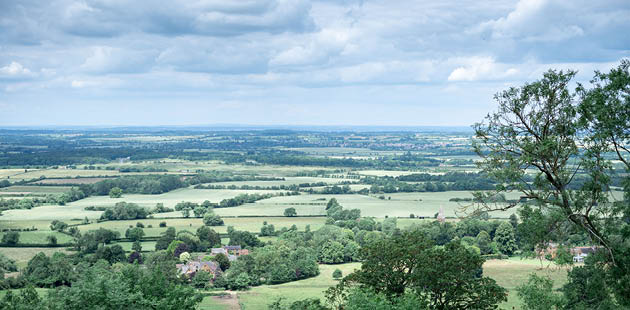
The view from the dining room at The Castle
Shifting cultures and looking to the future
Like I’ve said, when visiting The Castle on a clear March evening, spring flirting with making a long overdue appearance, the guests at the pub are of all ages and groups. There’s a young duo on a date night, a couple of old boys propping up the bar, a group of Scottish ladies who appear to be on a work trip – it was a real mixed bag for somewhere so remote.
I ask Higgs if this varying guest profile throws up any notable progressions in what food and drink Freespirit offers, beyond the standard fare, of course.
“The drinking culture has changed from when I started,” he says. “We’re putting non-alcoholic lagers on draft and they’re outperforming some alcoholic beers on there. It shows the direction certain people are going, particularly the younger consumers, not just in city centres, but out here in the shire as well. We’ve got mocktails on some of our menus and they sell well, because some people I think are just bored of drinking.
“In terms of food, in one pub we put on a ‘Chef’s Green Menu’ in January. I was unsure, but it sold really well. I was surprised by the results, but we have continued that and I think we’ll look at it for the other sites. Because everybody’s on Instagram or Facebook or whatever, they follow all of these people who are talking about these food-related subjects, so it gets into their lives probably a lot quicker than it did 20 years ago.”
Keeping up with such movements, even in “the shire”, is what has gotten Higgs and Freespirit to the point where they’re averaging £120,000 of weekly revenue across the fives pubs – that’s pretty good going. As the interview took place at the beginning of March, he was still reflecting on the quieter periods that the first two months of the year bring, saying that figure drops below £100,000 at that time. And while things like the Chef’s Green Menu are a proactive element of trying to bring in guests, Higgs says there are other bits and pieces that can be achieved while make the most of those calmer weeks.
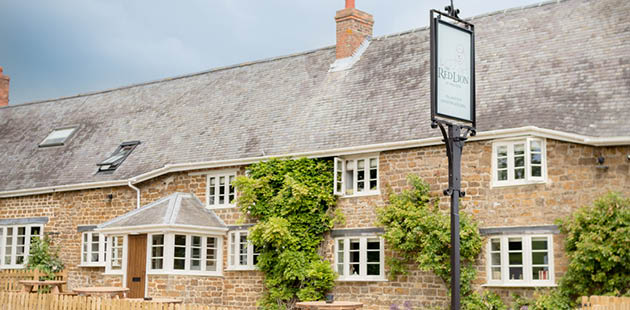
Freespirit pub The Red Lion at Hellidon
“I was looking at how we’ve spent the last couple of months,” he says. “We’ve put a whole new till system in every pub. That’s been a big thing. We’ve bought in some new software for the events business. We’ve changed our credit card terminals. We’ve spent a lot of time with suppliers, so I think we’ve used it really well.”
I ask him if those quieter times are also a chance to assess further expansion of the business. After all, the group only began in 2019 and has managed to grow to six sites since then, even with a worldwide pandemic plonked right in the middle of the timeframe. Interestingly, though, despite regular phone calls from property agents offering Higgs viewings at many pubs that have come on the market, he believes it is the size of those venues that has potentially led to their downfall, meaning they simply wouldn’t fit the current Freespirit prototype.
“We’ve probably got a lot more selective and understand more about what we need and what works for us,” he concludes. “Being a multiple operation, they need to be a certain size. There are a lot of smaller pubs closing and for sale, but they just sadly wouldn’t fit what we do. We are passionate about looking after our team and there’s a whole support team that goes along with that, so the commercials have got to be right. I wouldn’t say there’s a magic number and it is very much about growing with the team that we’ve got.
“We will need to bring in additional people if we add a number seven, just to support the whole infrastructure. Also, I wouldn’t say we’ll always focus on pubs, as it may be other stuff. Diversifying is really important, but so is refining a skill set. If you look after your people, you can go a long way, and I wouldn’t be surprised if we have one more site by the end of the year.”


